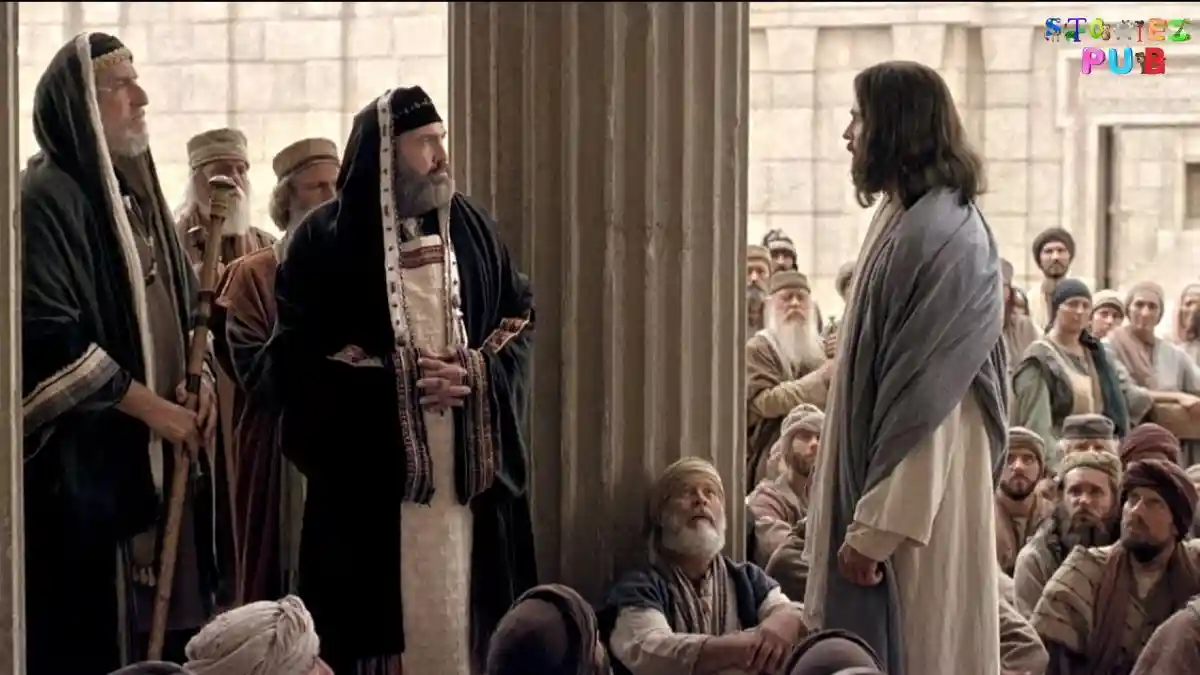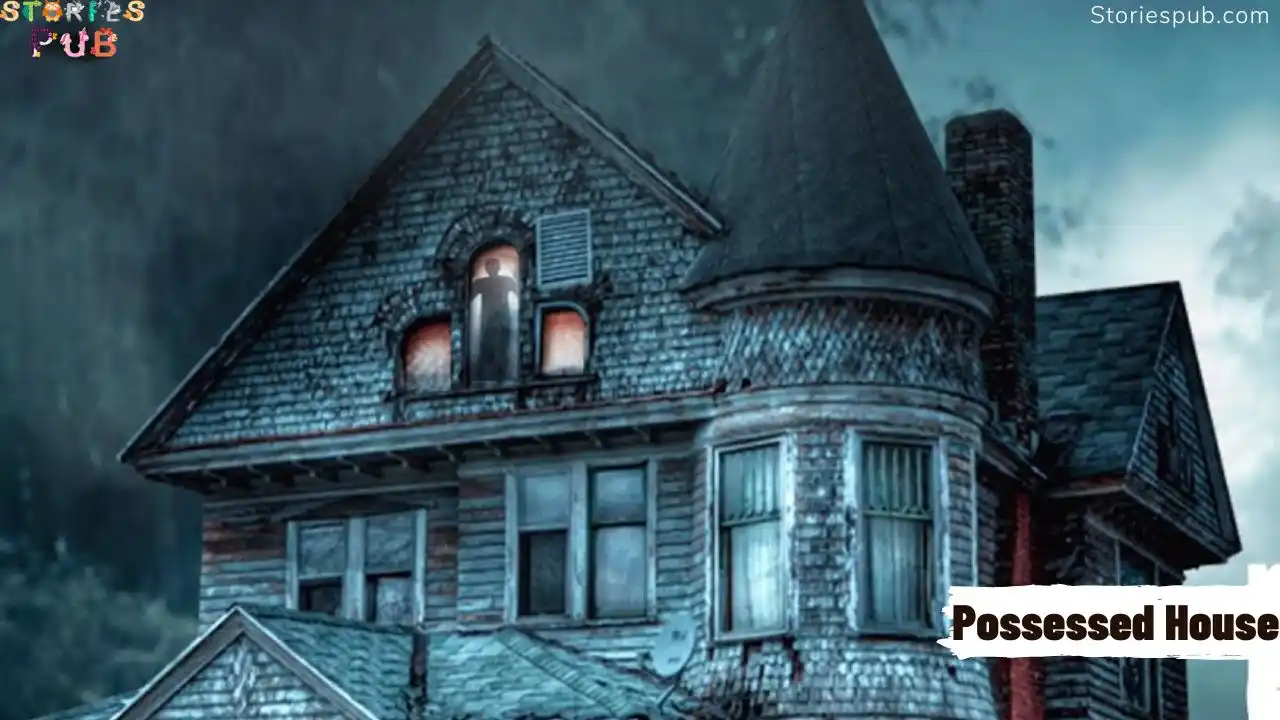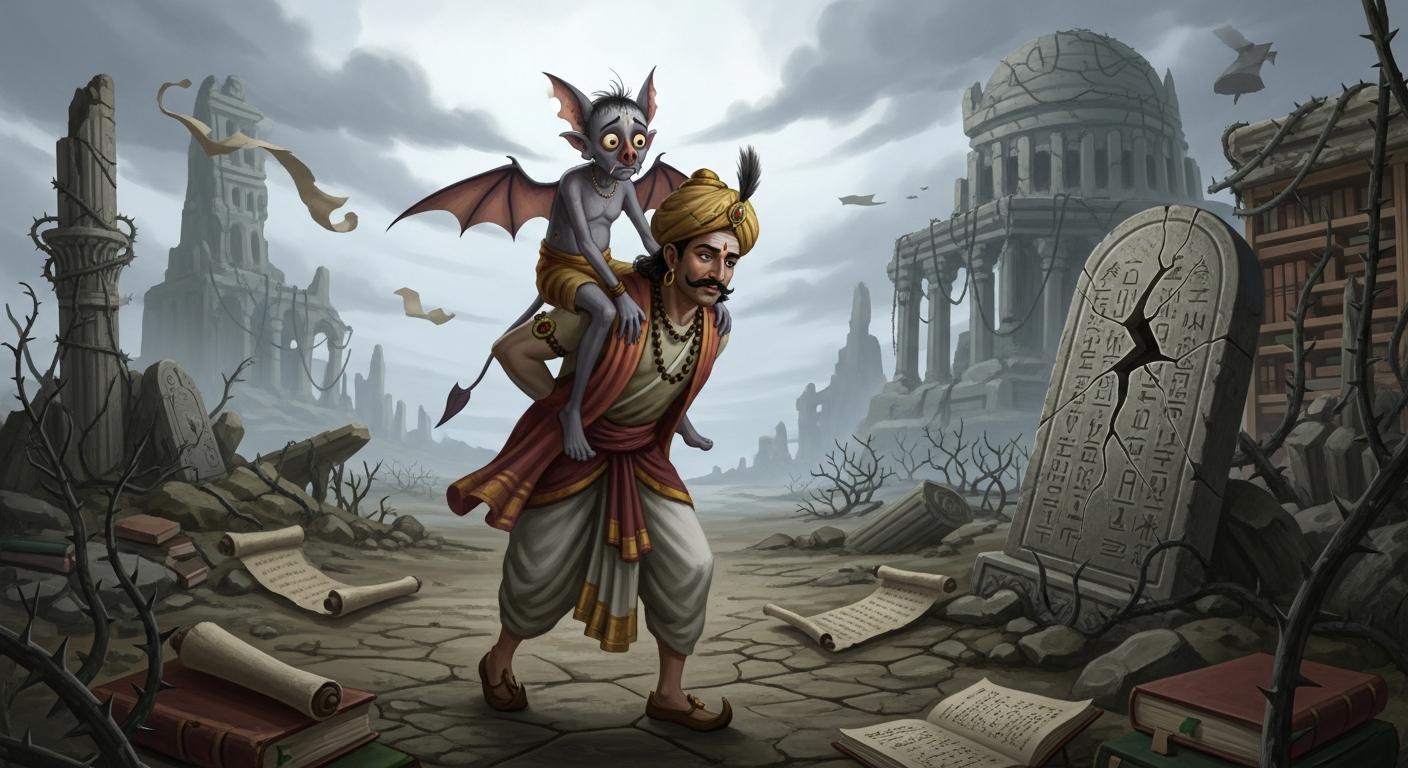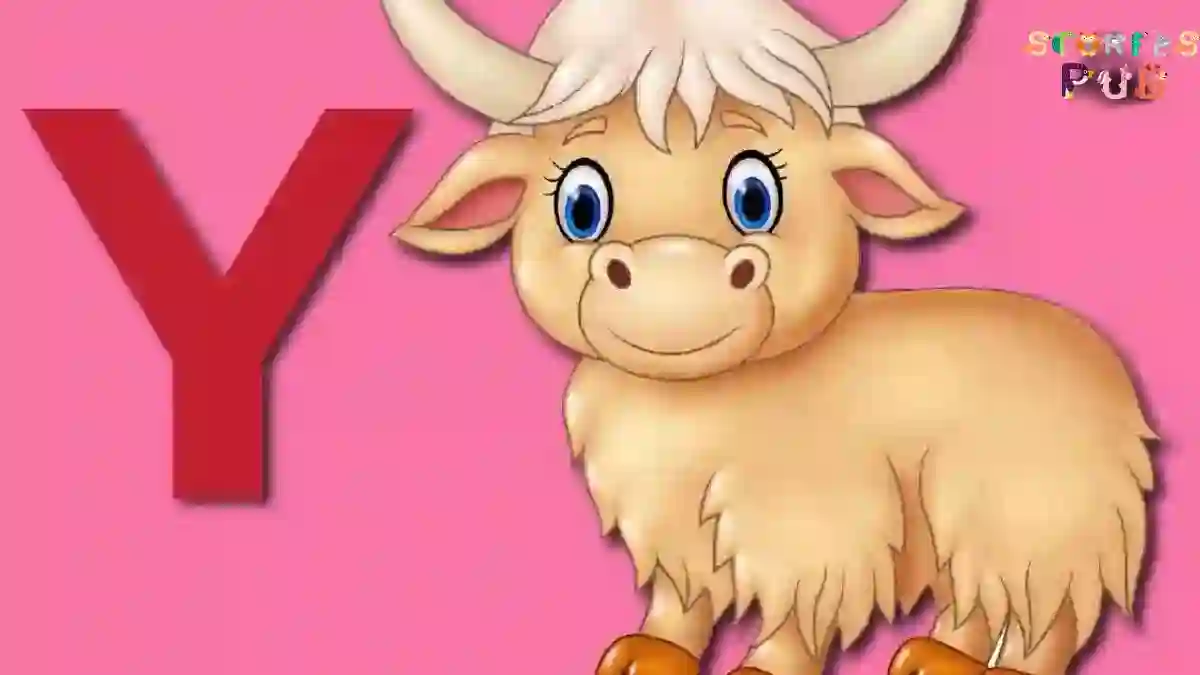Summarize this Article with:
Casey at the Bat: Newer and Older Versions
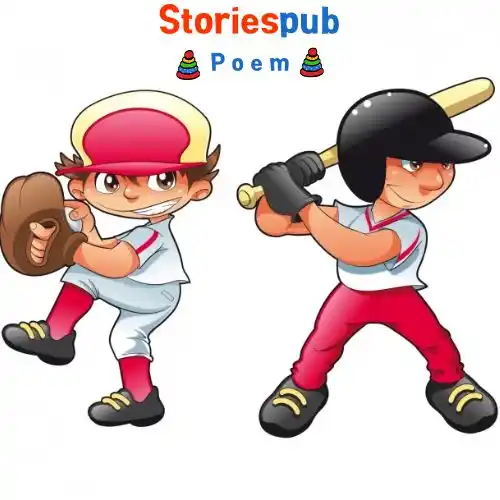
Origin:
“Casey at the Bat” is a poem written by Ernest Thayer. It was first published in the San Francisco Examiner on June 3, 1888.
Writer:
Ernest Thayer was an American writer and poet. He was born on August 14, 1863, in Lawrence, Massachusetts, and died on August 21, 1940.
Meaning:
“Casey at the Bat” is a narrative poem about a baseball team called the Mudville Nine and their star player, Casey. The poem captures the excitement and drama of a baseball game as the Mudville Nine are trailing by two runs in the bottom of the ninth inning with two outs and the bases loaded. The crowd is hopeful that Casey can deliver a game-winning hit, but he strikes out, leaving the Mudville fans devastated.
Language:
“Casey at the Bat” is written in English language with a meter and rhyme scheme that mimic the rhythm of a baseball game.
Fun fact:
“Casey at the Bat” is one of the most famous poems in American literature and has been widely parodied and referenced in popular culture. The poem has been adapted into numerous stage productions, films, and other forms of media, and Casey has become a cultural icon representing the thrill of victory and the agony of defeat in sports.
Casey at the Bat (New Version)
Casey was a legend, known by one and all,
He strutted to the plate with his bat so tall,
But this time was different, his nerves began to fray,
Could Casey hit a homer and save the day?
The pitcher wound up and threw with all his might,
But Casey missed the ball, try as he might,
The crowd was stunned, they couldn’t believe,
Their hero had failed on this fateful eve.
But Casey didn’t give up, he stepped back in,
With a newfound focus, he was ready to win,
He swung and he connected, the ball soared high,
And with a mighty thud, it landed in the sky.
The fans erupted, they cheered and they roared,
Casey had delivered, they couldn’t be ignored,
He was more than a player, he was a symbol of hope,
A reminder to all, that failure can help us cope.
Casey at the Bat (Original Version)
The outlook wasn’t brilliant for the Mudville nine that day:
The score stood four to two, with but one inning more to play,
And then when Cooney died at first, and Barrows did the same,
A pall-like silence fell upon the patrons of the game.
A straggling few got up to go in deep despair. The rest
Clung to the hope which springs eternal in the human breast;
They thought if only Casey could but get a whack at that—
We’d put up even money now, with Casey at the bat.
But Flynn preceded Casey, as did also Jimmy Blake,
And the former was a hoodoo, while the latter was a cake;
So upon that stricken multitude grim melancholy sat,
For there seemed but little chance of Casey getting to the bat.
But Flynn let drive a single, to the wonderment of all,
And Blake, the much despisèd, tore the cover off the ball;
And when the dust had lifted, and the men saw what had occurred,
There was Jimmy safe at second and Flynn a-hugging third.
Then from 5,000 throats and more there rose a lusty yell;
It rumbled through the valley, it rattled in the dell;
It pounded on the mountain and recoiled upon the flat,
For Casey, mighty Casey, was advancing to the bat.
There was ease in Casey’s manner as he stepped into his place;
There was pride in Casey’s bearing and a smile lit Casey’s face.
And when, responding to the cheers, he lightly doffed his hat,
No stranger in the crowd could doubt ’twas Casey at the bat.
Ten thousand eyes were on him as he rubbed his hands with dirt;
Five thousand tongues applauded as he wiped them on his shirt;
Then while the writhing pitcher ground the ball into his hip,
Defiance gleamed in Casey’s eye, a sneer curled Casey’s lip.
And now the leather-covered sphere came hurtling through the air,
And Casey stood a-watching it in haughty grandeur there.
Close by the sturdy batsman the ball unheeded sped—
“That ain’t my style,” said Casey. “Strike one!” the umpire said.
From the benches, black with people, there went up a muffled roar,
Like the beating of the storm-waves on a stern and distant shore;
“Kill him! Kill the umpire!” shouted someone on the stand;
And it’s likely they’d have killed him had not Casey raised his hand.
With a smile of Christian charity great Casey’s visage shone;
He stilled the rising tumult; he bade the game go on;
He signaled to the pitcher, and once more the spheroid flew;
But Casey still ignored it and the umpire said, “Strike two!”
“Fraud!” cried the maddened thousands, and the echo answered “Fraud!”
But one scornful look from Casey and the audience was awed.
They saw his face grow stern and cold, they saw his muscles strain,
And they knew that Casey wouldn’t let that ball go by again.
The sneer is gone from Casey’s lip, his teeth are clenched in hate;
He pounds with cruel violence his bat upon the plate.
And now the pitcher holds the ball, and now he lets it go,
And now the air is shattered by the force of Casey’s blow.
Oh, somewhere in this favored land the sun is shining bright,
The band is playing somewhere, and somewhere hearts are light;
And somewhere men are laughing, and somewhere children shout;
But there is no joy in Mudville—mighty Casey has struck out.
Hey kids, how did you like this Casey at the Bat Poem? Did it make you smile or help you roam To a world of wonder and imagination, Full of colors, shapes, and sensation.
Suggested Poem :-




